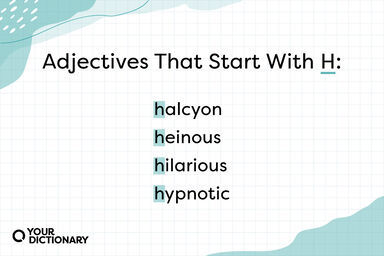Pantomime Definition
păntə-mīm
pantomimed, pantomimes, pantomiming
noun
pantomimes
Communication by means of gesture and facial expression.
Some tourists make themselves understood abroad by pantomime.
American Heritage
In ancient Rome.
Webster's New World
Any dramatic presentation played without words, using only action and gestures.
Webster's New World
A play, dance, or other theatrical performance characterized by such wordless storytelling.
American Heritage
The art of acting in this way.
Webster's New World
verb
pantomimed, pantomimes, pantomiming
To represent or express by pantomime.
Pantomime a story on the stage; pantomimed “baby” by cradling an imaginary infant.
American Heritage
To express or act in pantomime.
Webster's New World
To gesture without speaking.
Wiktionary
To entertain others by silent gestures or actions.
Wiktionary
Synonyms:
adjective
Of or like pantomime.
Webster's New World
Origin of Pantomime
-
Latin pantomīmus a pantomimic actor from Greek pantomīmos panto- all (from pās pant- pan–) mīmos mime
From American Heritage Dictionary of the English Language, 5th Edition
-
Circa 17th century, from Latin pantomīmus, from Ancient Greek παντόμιμος (pantomimos), from πᾶς (pas, “each, all”) + μιμέομαι (mimeomai, “I mimic”).
From Wiktionary
Find Similar Words
Find similar words to pantomime using the buttons below.

